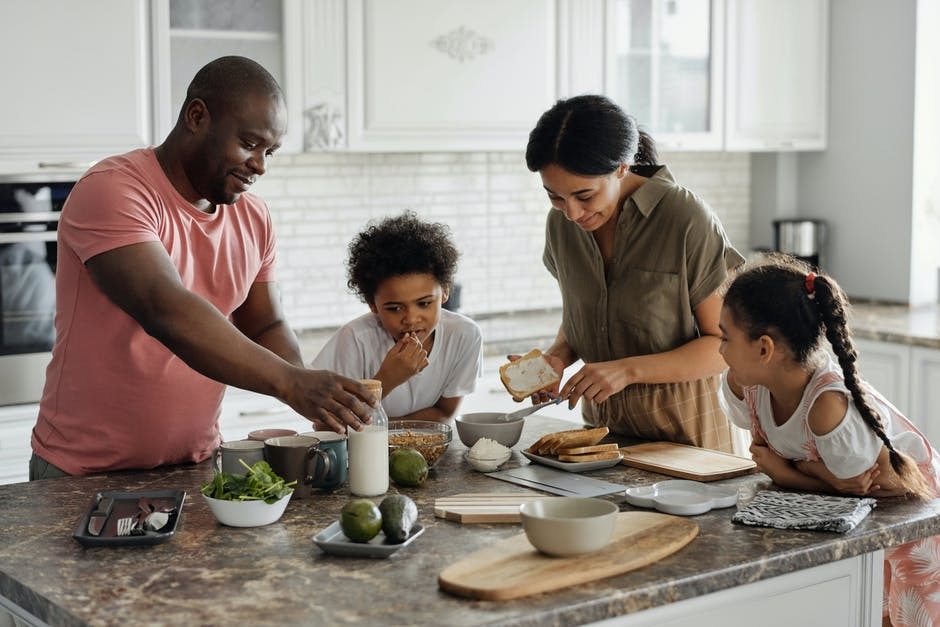“Mindfulness is a way of being present: paying attention to and accepting what is happening in our lives. It helps us to be aware of and step away from our automatic and habitual reactions to our everyday experiences.”
– Elizabeth Thornton
The effect of substance abuse can change how your brain interprets the world around you. Treatment for substance use disorder (SUD) usually includes mindfulness exercises or therapy to help you connect with your thoughts and feelings. According to research published in PsychOpen, “Mindfulness can be defined as attention to and awareness of the present moment.” Newport Beach Recovery Center uses mindfulness therapy and exercises to encourage self-growth and increase self-awareness in individuals recovering from SUD.
What Is Mindfulness?
Being mindful means having full awareness of yourself and the world around you without trying to classify what you feel or think. Mindfulness is truly being in the moment and accepting your internal and external experiences without judgment. According to Frontiers in Human Neuroscience, “Mindfulness . . . has proven to be beneficial across a diverse group of psychological disorders as well as for general stress reduction.”
Mindfulness can be incorporated into almost any activity or mental exercise, making it excellent for every level of care during rehabilitation. The increased self-awareness provided by mindfulness makes it a perfect way to improve self-efficacy and encourage a more positive self-image. How you think about yourself and others will impact the trajectory of your recovery. Mindfulness allows you to focus on how you feel in the moment without putting pressure on yourself to act or think in a certain way.
Health Benefits of Mindfulness
Mindfulness has been a central part of Buddhist philosophy for approximately 2,500 years. According to the National Institute of Health (NIH), “Many people who practice mindfulness report an increased ability to relax, a greater enthusiasm for life, and improved self-esteem.” Meditation and mindfulness have become more prevalent in the last few decades, and now almost every facility that treats SUD offers some form of mindfulness-based therapy.
Other known health benefits include:
- Decreased stress
- Lower blood pressure
- Reduced symptoms of chronic pain
- Improved immune system response
In addition to physical health benefits, mindfulness also offers mental health benefits. The benefit becomes even more noticeable with mindful meditation.
Mindful Meditation Heals the Mind-Body Connection
The mind-body connection grows stronger when you practice mindfulness every day. You can retrain your brain to focus on the world around you when you begin to feel stressed. In addition, meditation also makes it easier to focus and utilize coping skills. During mindfulness meditation, your body will naturally feel more relaxed, and symptoms of anxiety or depression often decrease. According to the National Center for Complimentary and Integrative Health (NCCIH), “[T]raining in meditation and mindfulness practices can change brain activity” and support positive mental health.
5 Helpful Mindfulness Techniques
You can use mindfulness techniques in your day-to-day life to improve your overall well-being. Below are five ways you can incorporate mindfulness into your routines. You can work with your therapist to determine which method will benefit you the most.
#1 Mindful Actions
You can use mindfulness to make almost any action more meaningful. Usually, mindful actions require the following:
- Focusing on a single aspect of the activity
- Maintaining awareness of thoughts and bodily sensations without trying to control them
- Remaining judgment-free while allowing yourself to feel whatever emotions accompany the activity
#2 Mindful Thinking
Also called radical acceptance, mindful thinking involves letting yourself be completely in the moment and experiencing your thoughts without judgment. You may tune into a single idea, belief, mantra, or mental image. Many people practice mindful thinking while meditating to decrease distractions and allow the mind and body to achieve a state of relaxation.
#3 Grounding Exercises
For people prone to dissociation, staying present can feel impossible. Grounding exercises keep you present, and they activate specific regions of the brain that can help decrease stress and anxiety. Standard grounding techniques include:
- Scanning your environment and cataloging the sensations you intake
- Focusing on a single sense and using it to explore the environment around you
- Describing an object in extreme detail (e.g., look, texture, temperature, shape, smell)
#4 Muscle Relaxation Exercises
Sometimes your body reacts physically to mental stress. Muscle relaxation exercises involve focusing on tensing and relaxing specific muscle groups, usually starting at one end of your body and working your way to the other. This allows you to release tension. The United States Department of Veterans Affairs (VA) has some excellent instructions for relaxation exercises that can help you focus and feel calmer.
#5 Be Mindful of the Moment
Pay close attention to the people, places, and things around you. Be mindful of the moment and allow yourself to absorb the experience. You can do this in treatment, alone at home, or in a crowded public space. Giving yourself permission to focus on nothing except that single moment in time can feel free and reduce overall stress.
Mindfulness can help you cope with stress, anxiety, depression, symptoms of a substance use disorder, and other conditions. The mental and physical health benefits of mindfulness increase over time and can last for a significant period. This makes them ideal for relapse prevention and stress relief. Mindfulness can also take many forms, and the versatility of the exercises makes them an excellent tool for rehabilitation and ongoing recovery. Additionally, most of them you can do anywhere at any time. You can collaborate with the care team at Newport Beach Recovery Center to create treatment and aftercare plans that incorporate mindfulness-based therapies and holistic alternatives like yoga or meditation. To learn more about the treatment programs and services offered at Newport Beach Recovery Center, contact our office today by calling us at (888) 850-0363. We can help you improve your overall health and recover from the damaging effects of SUD.


